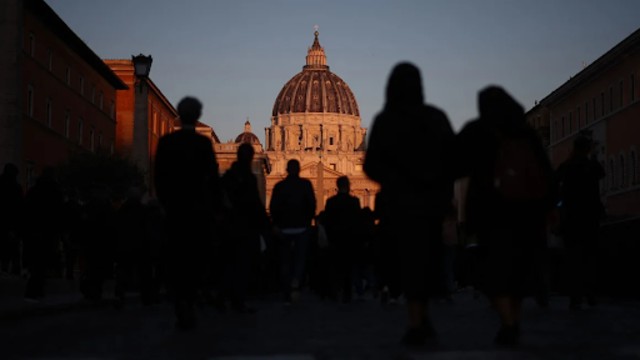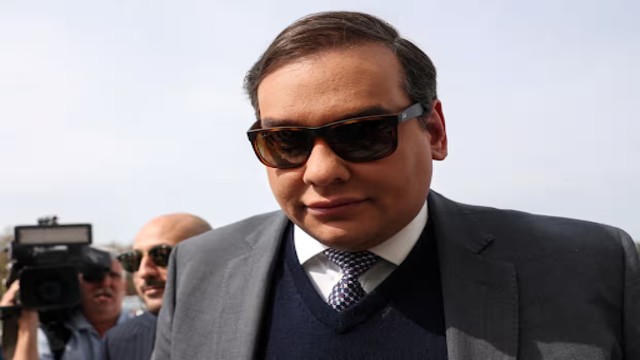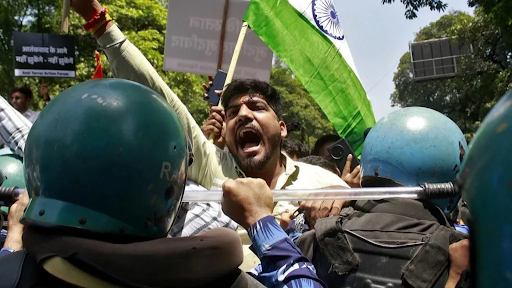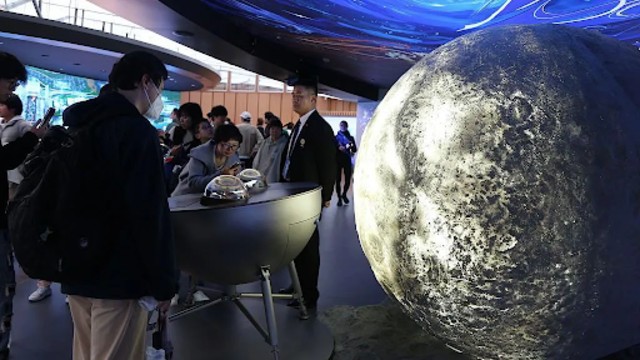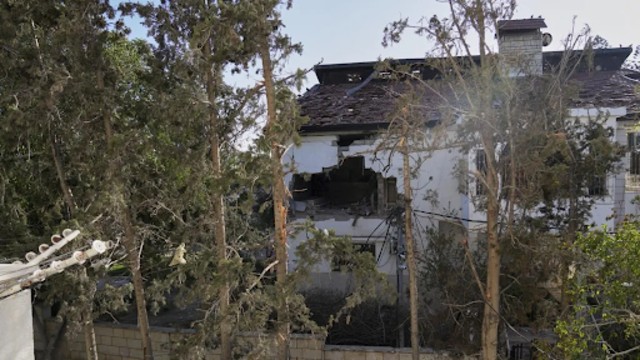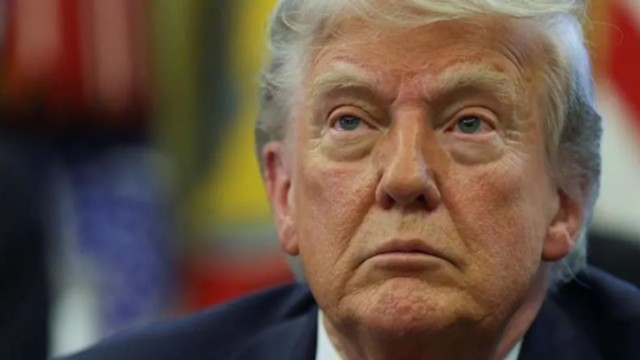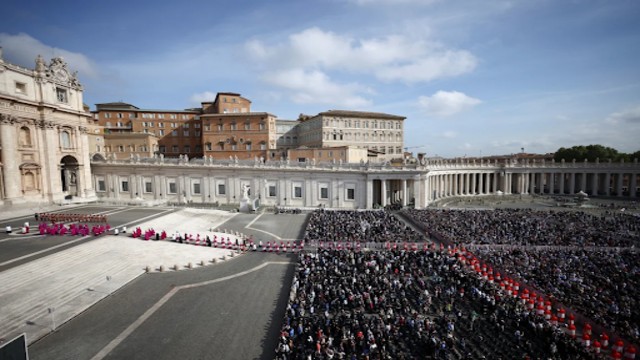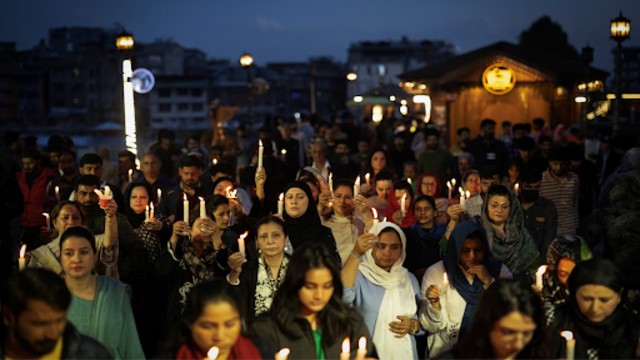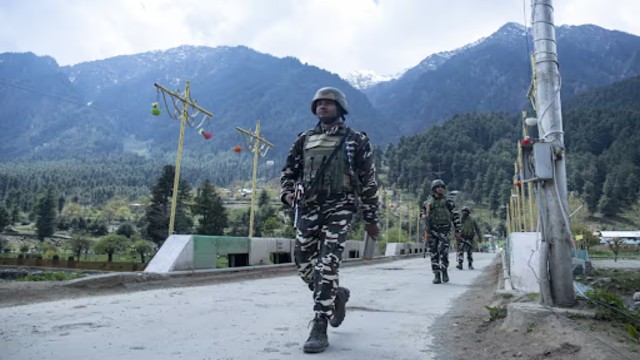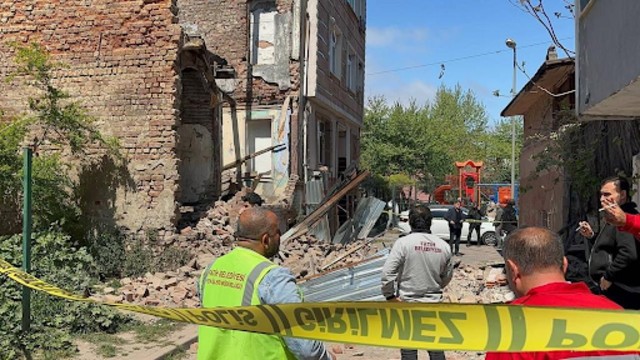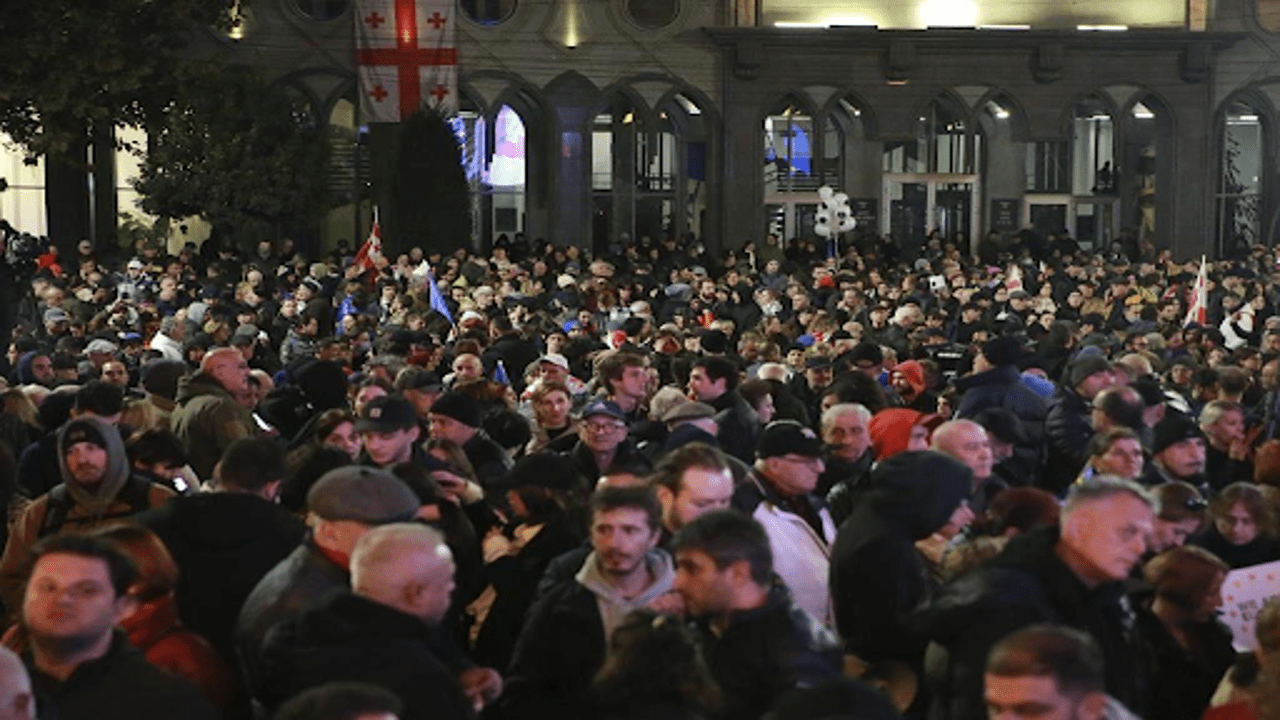
People attend a rally to protest against alleged violations in a recent parliamentary election in Tbilisi, Georgia, Monday, Nov. 11, 2024. (AP Photo/Zurab Tsertsvadze)
Thousands of opposition supporters gathered in the Georgian capital, Tbilisi, on Monday, continuing their protests against the ruling party's claimed victory in the October 26 parliamentary election. Allegations of Russian interference in the vote have fueled these demonstrations.
The protesters, waving Georgian and EU flags, gathered outside the parliament building, calling for a new election overseen by international observers and an investigation into the alleged election fraud.
Giorgi Vashadze, leader of the Unity National Movement Coalition, told the crowd that the opposition would continue to “fight until the end,” insisting that the election results were rigged. He emphasized their goal of new elections and a government focused on driving Georgia’s integration into the European Union.
Opposition leaders have also pledged to boycott parliamentary sessions and continue holding regular protests until their demands are addressed.
The Central Election Commission reported that the ruling Georgian Dream party secured around 54% of the vote. However, the party’s victory has been contested, with opposition members accusing it of fraud. European observers noted the election took place in a charged atmosphere, marred by reports of bribery, multiple voting, and physical violence.
The opposition has criticized Georgian Dream, which was founded by Bidzina Ivanishvili, a billionaire with close ties to Russia, for becoming more authoritarian and increasingly aligned with Moscow. The party has introduced laws similar to those in Russia, which restrict freedoms of speech and LGBTQ+ rights.
President Salome Zourabichvili, who has rejected the election results, stated that Georgia is under pressure from Moscow to prevent the country from joining the EU. Despite holding a largely symbolic position, Zourabichvili has urged both the United States and the EU to back the protests.
In response, Washington and Brussels have called for a thorough investigation into the election, while the Kremlin has denied any involvement in the alleged interference.
Many Georgians saw the election as a crucial decision on their country’s future, particularly its EU membership bid. The EU had suspended Georgia's application for membership in June due to the passage of a “foreign influence law” similar to those in Russia.
At Monday’s rally, lawmakers from several EU countries expressed their support for the protesters. Lithuanian MP Zygimantas Pavilionis addressed the crowd, urging them to continue their fight for freedom, democracy, and Georgia’s EU and NATO aspirations.


